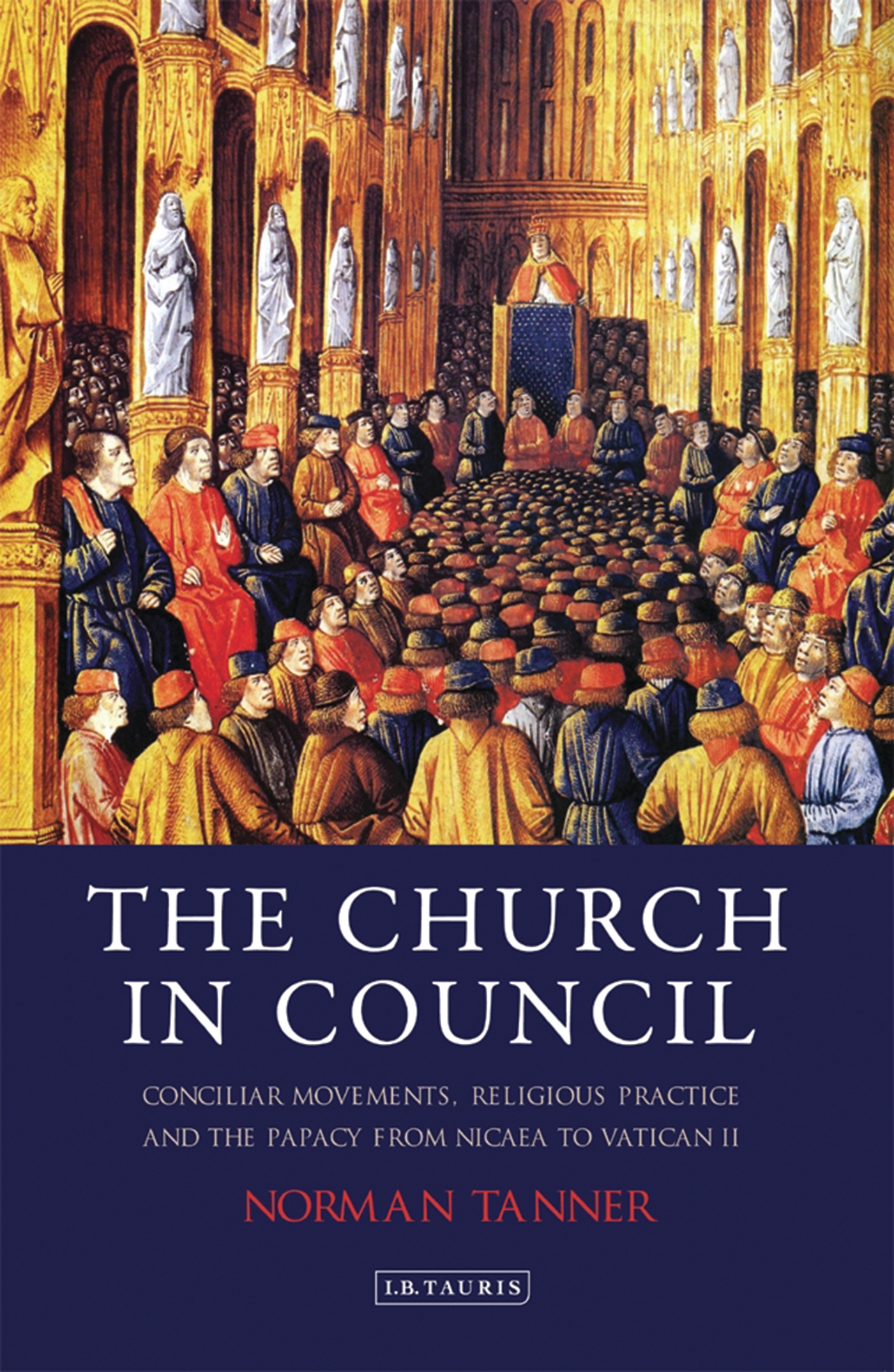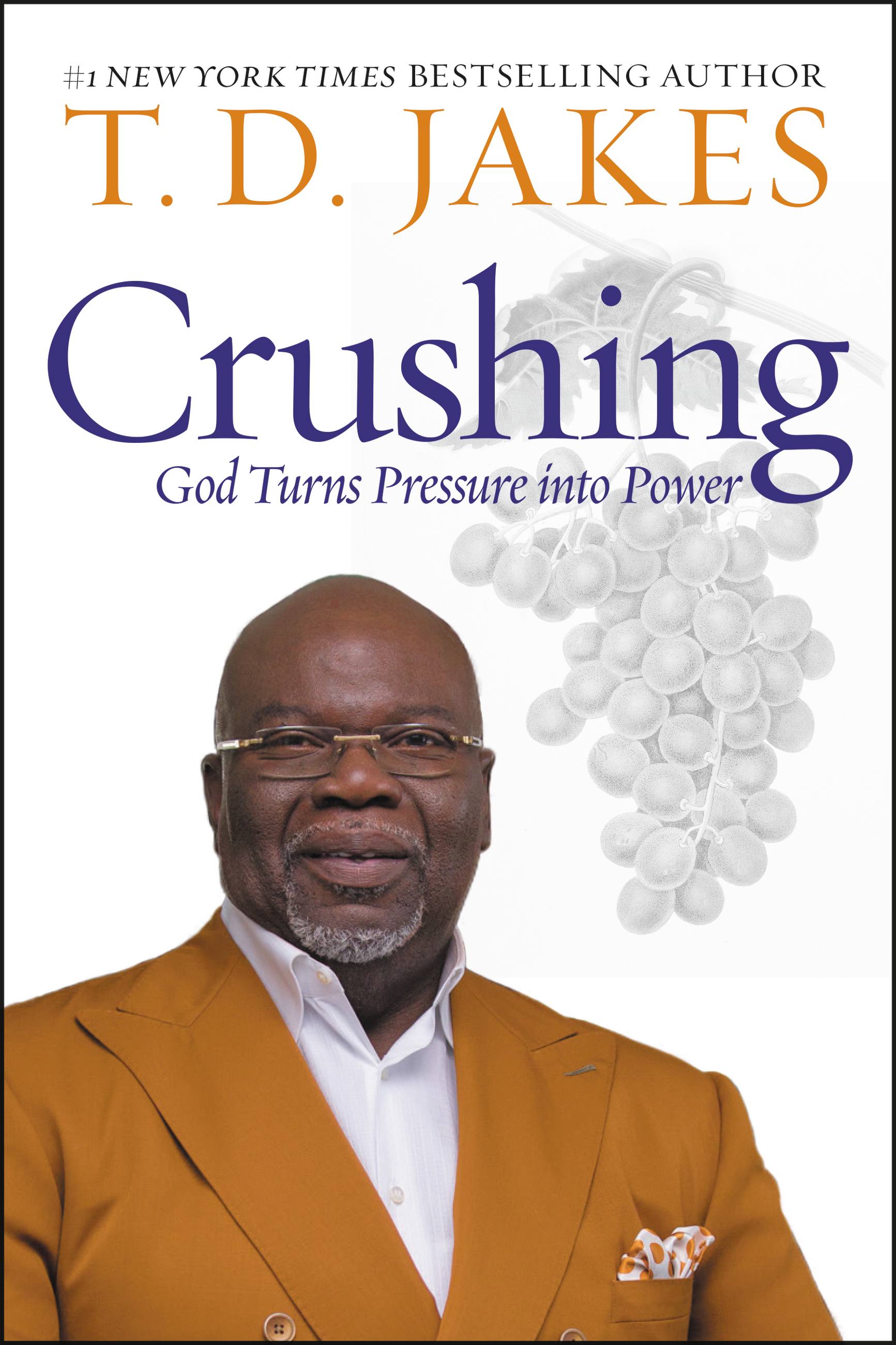The Church in Council
Councils have long been of fundamental importance to the historical development of the Catholic Church. From the First Council of Nicaea in 325 CE to the reforming Second Vatican Council of 1962-5, the conciliar movement has more often than not repre...
Read more
Councils have long been of fundamental importance to the historical development of the Catholic Church. From the First Council of Nicaea in 325 CE to the reforming Second Vatican Council of 1962-5, the conciliar movement has more often than not represented the interests and prerogatives of the mass of the faithful: frequently - especially from medieval times - as a bulwark against the untrammelled supremacy of the Pope. Further to the removal of the papacy to Avignon in 1305, and the subsequent influence exerted over its popes by the French crown, many Catholics began to question the idea of absolute papal authority. Doubts about the Pope's legitimacy to govern the universal Church unchecked were further reinforced by the disaster of the Great Schism (1378-1417), with one pope based in Rome and the other in Avignon. In these dangerous circumstances, with western Catholicism rocked to its foundation by scandal and political manoeuvering, conciliarism took hold as the most effective way of deciding the future course of church leadership. Norman Tanner is arguably the outstanding scholar of church councils writing in English. In this volume, which assembles some of his best work on the topic, he reflects on the legacy of conciliarism, and shows how and why the apostolic spirit of Nicaea was to resurface at Vatican II.
Less





















.jpg)
.jpeg)






